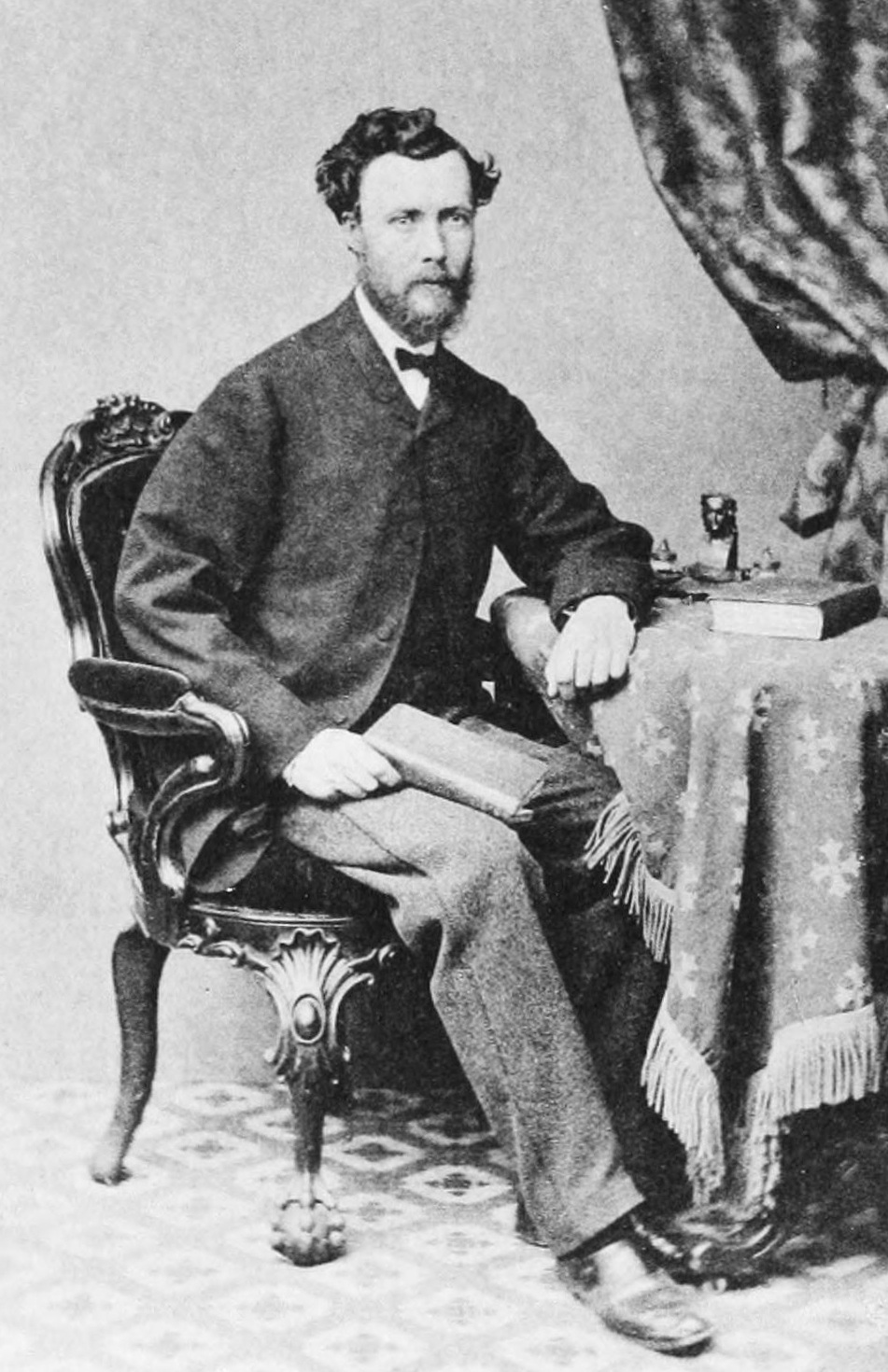|
Vachellia Kirkii
''Vachellia kirkii'', widely known as ''Acacia kirkii'' but now attributed to the genus ''Vachellia'', is a tree native to tropical Africa. It is commonly known as the flood plain acacia. ''Vachellia kirkii'' is a multi-trunked shrub or tree. It has a spreading, flat-topped crown, growing from 2.5 to 15 meters in height, and occasionally to 18 meters. ''Vachellia kirkii'' ranges across tropical Africa, from Guinea through Mali, the DR Congo, Uganda, Kenya, Burundi, Rwanda, Tanzania, Angola, Zambia, and Zimbabwe. Its habitat includes woodland, savanna, and mixed scrubland. It occurs often in seasonally-flooded areas near rivers and lakes, including groundwater forests, swamp forests, and flooded savannas, on nutrient-rich silty and clay soils. It ranges in elevation from sea level to 1,980 metres."Vachellia kirkii". Tropical Plants Database, Ken Fern. tropical.theferns.info. 2020-03-28. The species is named for John Kirk, who accompanied David Livingstone David Livings ... [...More Info...] [...Related Items...] OR: [Wikipedia] [Google] [Baidu] |
Vachellia
''Vachellia'' is a genus of flowering plants in the legume family, Fabaceae, commonly known as thorn trees or acacias. It belongs to the subfamily Mimosoideae. Its species were considered members of genus ''Acacia'' until 2009. ''Vachellia'' can be distinguished from other acacias by its capitate inflorescences and spinescent stipules. Before discovery of the New World, Europeans in the Mediterranean region were familiar with several species of ''Vachellia'', which they knew as sources of medicine, and had names for them that they inherited from the Greeks and Romans. The wide-ranging genus occurs in a variety of open, tropical to subtropical habitats, and is locally dominant. In parts of Africa, ''Vachellia'' species are shaped progressively by grazing animals of increasing size and height, such as gazelle, gerenuk, and giraffe. The genus in Africa has thus developed thorns in defence against such herbivory. Nomenclature By 2005, taxonomists had decided that ''Acacia sensu lato' ... [...More Info...] [...Related Items...] OR: [Wikipedia] [Google] [Baidu] |
John Kirk (explorer)
Sir John Kirk, (19 December 1832 – 15 January 1922) was a physician, naturalist, companion to explorer David Livingstone, and British administrator in Zanzibar, where he was instrumental in ending the slave trade in that country, with the aid of his political assistant, Ali bin Saleh bin Nasser Al-Shaibani. Early life and education He was born on 19 December 1832 in Barry, Angus, near Arbroath, Scotland, and earned his medical degree from the University of Edinburgh, presenting his thesis '''On functional disease of the heart. Family Kirk's daughter, Helen, married Major-General Henry Brooke Hagstromer Wright Order of the Bath, CB Companion of the Order of St Michael and St George, CMG, the brother of the famous bacteriologist and immunologist, Sir Almroth Edward Wright and of Sir Charles Theodore Hagberg Wright, Secretary and Librarian of London Library. Kirk's son Colonel John William Carnegie Kirk was author of ''A British Garden Flora''. The engineer, Alexander Carnegie ... [...More Info...] [...Related Items...] OR: [Wikipedia] [Google] [Baidu] |
David Livingstone
David Livingstone (; 19 March 1813 – 1 May 1873) was a Scottish physician, Congregationalist, and pioneer Christian missionary with the London Missionary Society, an explorer in Africa, and one of the most popular British heroes of the late 19th-century Victorian era. David was the husband of Mary Moffat Livingstone, from the prominent 18th Century missionary family, Moffat. He had a mythic status that operated on a number of interconnected levels: Protestant missionary martyr, working-class "rags-to-riches" inspirational story, scientific investigator and explorer, imperial reformer, anti-slavery crusader, and advocate of British commercial and colonial expansion. Livingstone's fame as an explorer and his obsession with learning the sources of the Nile River was founded on the belief that if he could solve that age-old mystery, his fame would give him the influence to end the East African Arab–Swahili slave trade. "The Nile sources", he told a friend, "are valuabl ... [...More Info...] [...Related Items...] OR: [Wikipedia] [Google] [Baidu] |

